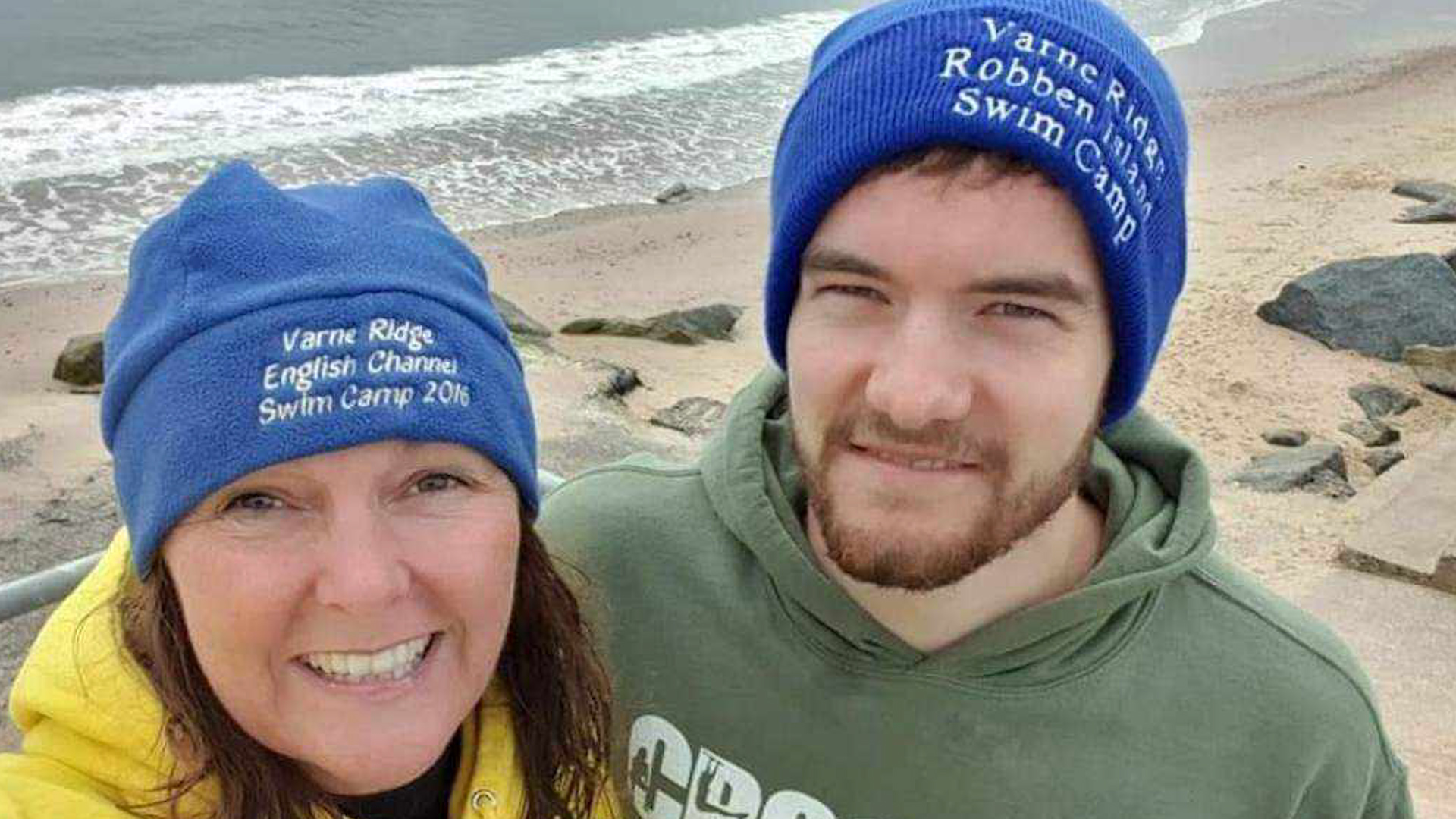
Coroner highlights mental health care failures following Royal Marines recruit's death

The loss of a blank firing attachment (BFA) by a Royal Marines recruit led him to take his own life on a railway line, a coroner has concluded, as he criticised failures in his mental health care.
Connor Clark, 18, had used a duvet to scale a razor wire fence at the Commando Training Centre in Lympstone, Devon, before being struck by a train on the morning of 12 June 2021.
The teenager had made comments prior to his death about being called a "failure" and the "worst recruit", and was worried about losing weekend leave for misplacing the BFA for his weapon.
Loss of blank firing attachment
Philip Spinney, the senior coroner for Devon, Plymouth and Torbay, said there was evidence Recruit Clark had been looking for the BFA as he was due to have had an inspection on the day he died.
But Mr Spinney said the trainee had become overwhelmed with the situation and had left the camp and ended his life.
"I attach no criticism to the training staff in relation to the loss of the blank firing attachment," he said.
"I conclude that Connor losing his blank firing attachment probably contributed more than minimally to the cause of his death."
Mr Spinney said Rct Clark had died from multiple severe injuries as he recorded a conclusion of suicide.
The teenager, from Norfolk, was three weeks into a four-week recruit orientation phase (ROP) course that all marines undertake before they begin their initial training.
The inquest heard how he had struggled with organising his personal kit and had failed inspections.
The thrashings
Fellow recruits said he had suffered more "thrashings" – a physical punishment for making mistakes – than anyone else.
The five-day inquest in Exeter heard fellow recruits describe a hostile atmosphere between them, and instructors would shout and swear and hand out group thrashings for collective mistakes.
Recruit Stuart Whitelaw said: "It was never personal. I would say the trainers really put pressure on Connor's weaknesses and would shout at him more. He had more thrashings than anyone."
And Able Rate Chris Lee, who was on the same course, rejected claims the teenager had been a target of bullying by instructors.
"I wouldn't say he was singled out or targeted any more than the rest of the troop was," he said.
The officer in charge of the ROP, Major Mark Thrift, denied he had called Rct Clark the "worst recruit", but accepted he told him he was failing the course.
State of mental health
Two days before Rct Clark died, he had gone to the sick bay seeking treatment for a wound to his elbow.
He told medical staff he had initially cut his elbow falling against a radiator, but then admitted he had self-harmed by using a knife to re-open the wound.
An internal review concluded Rct Clark should have received a mental health assessment.
"It is clear that I did not adhere to the guidance and thus made a poor and a wrong decision in not seeking a case conference," said Surgeon Commander Jon Bedford, an experienced locum.
"I considered many times why I diverged from the guidance on self-harm. I felt Rct Clark's self-harm was done to increase the gravity of the injury to his arm, so that he had sufficient reason to visit the medical centre."
In his findings, Mr Spinney said the failure to hold a case conference or inform Rct Clark's chain of command about the self-harming "probably or more than minimally contributed" to his death.
"Connor was finding some aspects of the course difficult. Connor's own perception of his performance on the course probably or more than minimally contributed to his death," he said.
"Connor losing his blank firing attachment probably contributed more than minimally to his death."
Family solicitor's reaction
Hilary Meredith Solicitors represented Rct Clark's mother, Tracy.
Simon Quinn, a partner and head of military at the firm, said: "This is a very sad case and unfortunately yet another example of a young life lost too soon.
"After delays by the Ministry of Defence and following a long wait for an inquest date, we welcome the coroner's conclusion(s) and hope that Mrs Clark is finally provided with the answers she needed and deserved.
"As the MOD's actions, inactions and failings have once again been brought to light, it is beyond clear that a change within the MOD is long overdue.
"Lessons need to be learnt and immediate changes made to prevent future loss of life."
Royal Navy response
A Royal Navy spokesperson said: "The death of Recruit Connor Clarke is a tragedy, and our thoughts remain with his family at this very difficult time.
"Our service personnel are our most valued asset, and we take the condition of their health and wellbeing extremely seriously."
Whatever you are going through, you don’t have to face it alone. Call Samaritans for free on 116 123, email [email protected] or visit www.samaritans.org for more information.
Alternatively, if you or someone you know needs help, you can find links to other charities that might be able to help by visiting our support page here.









